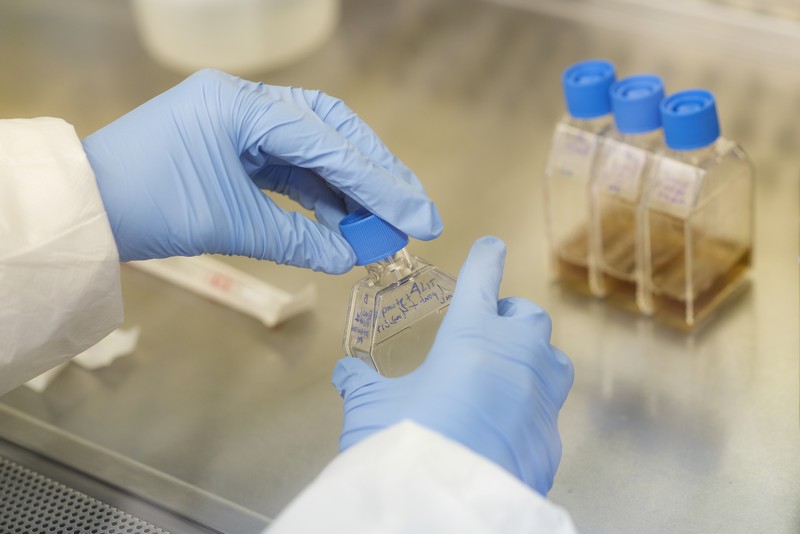
To control or prevent poverty or neglected diseases, like Chagas disease, a comprehensive, multidisciplinary approach is important, which is how the “Healthy Living Initiative” was created. With the participation of architects, sociologists, communication specialists, biologists, and social development promoters, among others, the biological, social, and environmental determinants were able to be understood as well as the community’s dynamics, its needs, and its strengths regarding its own development. Through the “Healthy Homes for Healthy Living” strategy, we have developed, with the community’s participation, healthy environments that constitute real physical barriers between triatomines and those who live in Loja Province’s rural areas.
Through the lab “ComCiencia: link between science and the community,” we work to increase awareness of how the academic world solves our society’s problems. Scientific dissemination supported by digital tools allows us to connect these two worlds in a creative, interesting, and fun way.
Line of research (PUCE): Health and vulnerable groups; Biodiversity conservation; Education, Communication, cultures and society.



